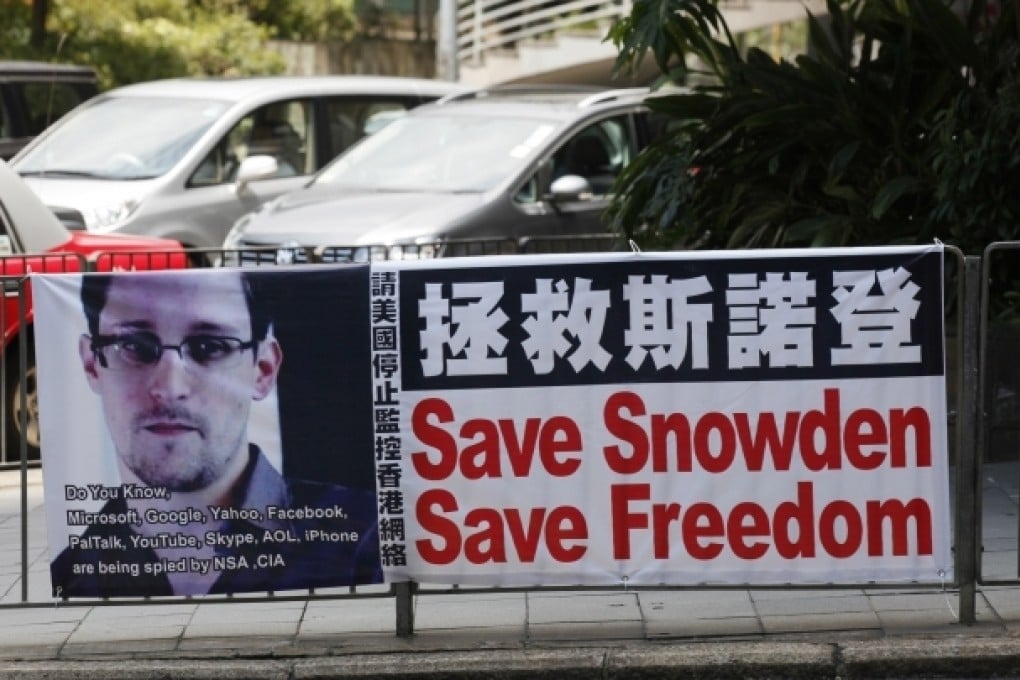US files espionage charges against Snowden, calls for his arrest in Hong Kong
Hong Kong has had no immediate reaction to the charges

Whistle-blower Edward Snowden is facing up to 30 years in jail after the US government filed espionage charges against him and reportedly called for his arrest in Hong Kong.
The Sunday Morning Post understands that contrary to reports yesterday, the former CIA technician is not under the protection of the police and has not been detained.
The 30-year-old is said to be "in a safe place" in the city.
Snowden made global headlines on June 9 when he broke cover in Hong Kong and admitted being the source of leaks to newspapers which revealed widespread phone and internet surveillance by the US National Security Agency.
The US government filed a sealed criminal complaint dated June 14 in the US District Court in Virginia, where Snowden's former employer Booz Allen Hamilton is based.
But details were made public only on Friday, US time - which, coincidentally, was Snowden's 30th birthday.